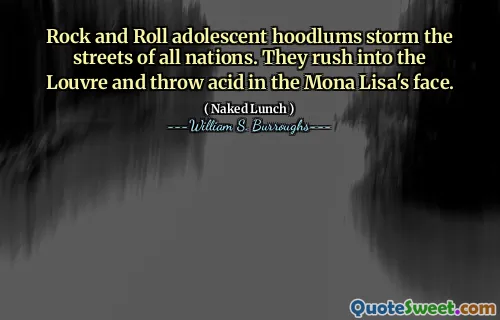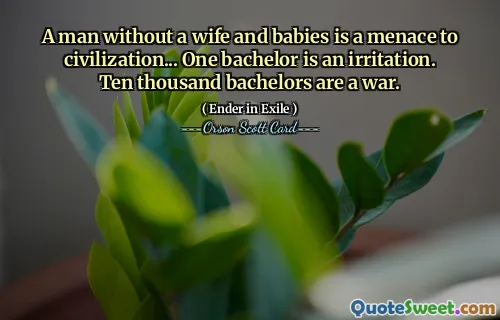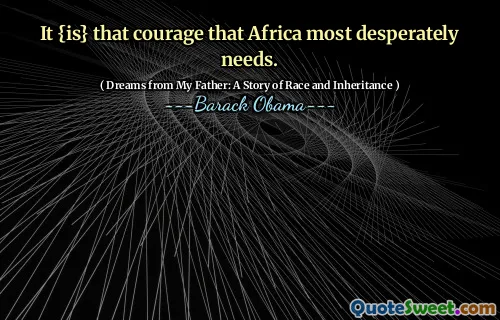
The cry of equality pulls everyone down.
This quote presents a provocative perspective on the concept of equality, suggesting that the pursuit or demand for equality can have counterproductive effects. Usually, equality is viewed positively, symbolizing fairness, justice, and the dismantling of unjust hierarchies. However, the quote hints at a more nuanced reality, where striving for equality might inadvertently lead to a leveling-down of standards or qualities, thereby hinder progress instead of promoting it. It prompts us to consider the balance between equality and excellence, to reflect on whether some forms of equality tend to suppress individual or group differences in a way that stifles growth or innovation. For example, in a society that overly emphasizes equal outcomes without regard to effort or merit, individual achievement might be undervalued, reducing incentives for excellence. Conversely, the quote challenges us to think about how equality can sometimes be misunderstood or misapplied, leading to homogenization rather than true fairness. It raises important questions about how we define equality and the means we employ to achieve it. Societies grappling with social, economic, and political inequalities must critically examine which forms of equality serve genuine justice and which may inadvertently hinder societal advancement. While equality remains a noble goal, this quote reminds us that the pursuit should be balanced with the recognition of diversity, merit, and intrinsic worth, to avoid the pitfalls of false equality that could ultimately diminish the potential of individuals and communities alike.










